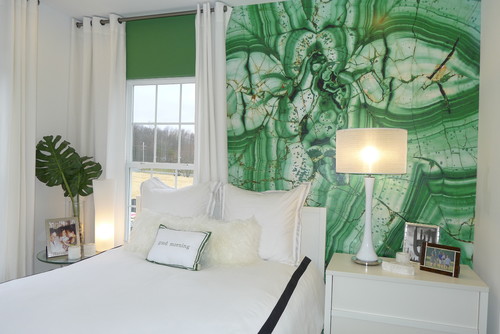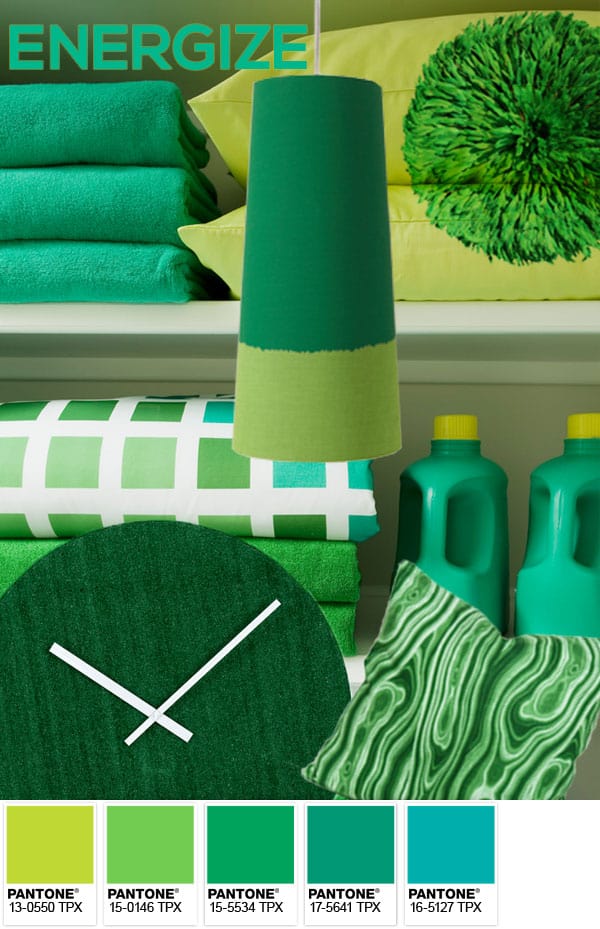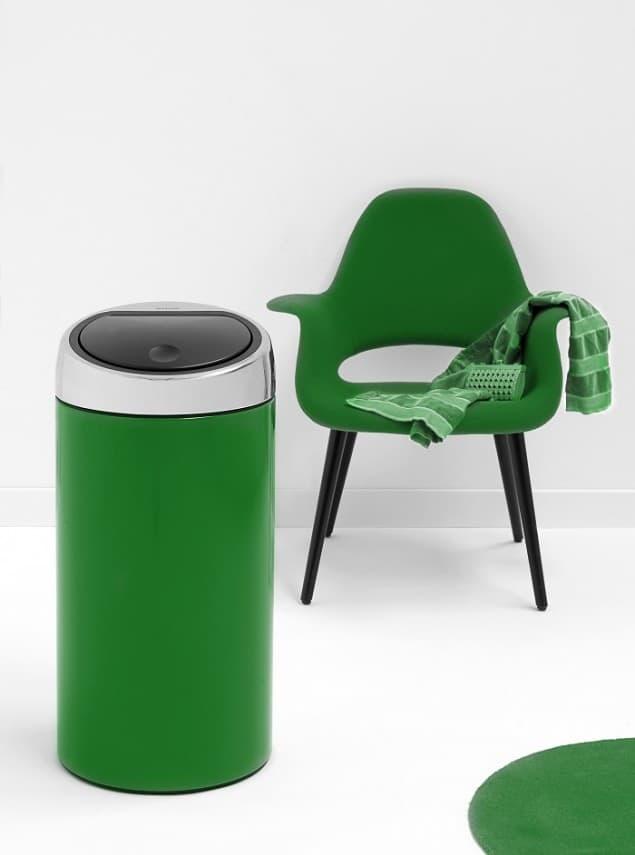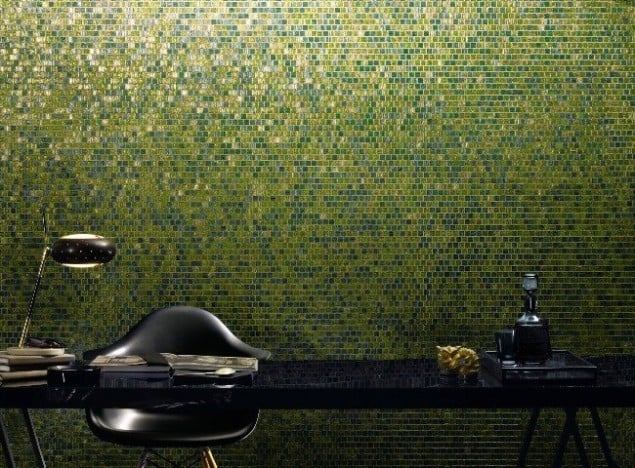Green interior
Courtesy ; www.thedesignsheppard.com/
Well, it’s that time again! Time to welcome back the fabulous applied colour psychology expert that is Karen Haller. Karen and I started our Colour Psychology column exactly two years ago to the day and I am happy to report that the posts are still as popular as they were when we started. I know that colour is a pretty tricky thing to get right and many of us lack confidence when incorporating it into our own homes and interior design schemes. But hopefully Karen’s insights into colour psychology can help us all gain a better understanding of how and why to choose colours and what combinations to use them in for best effect. For this instalment we have opted to examine green, and there are two reasons for this: Firstly, because I am loving green right now and secondly because green is the colour of the year for 2013, according to the Pantone Colour Institute. So without further ado, let’s hear what Karen has to teach us about the colour psychology of using green in interiors.

The Pantone Colour Institute recently declared Emerald Green as Colour of the Year for 2013. What was your reaction to this?
My honest reaction was one of relief. After the intensity and vibrancy of Tangerine Tango in 2012, there was really only one way to go and that was moving towards a hue that offers a sense of calm and serenity. It’s on the way to restoring some balance and harmony to the giddy year of the vivid Tangerine.
What are the main psychological properties of Emerald Green?
The main positive psychological properties green communicates are peace, balance and harmony. It can rejuvenate and restore, giving the feeling of being connected to nature and feeling safe and secure. Symbolically, emerald green communicates luxury and elegance as in the jewel.

Modern Bedroom design by Dc Metro Architect Carlyn And Company Interiors + Design
How does this particular shade of green differ from other greens?
The more yellow in the green it communicates refreshing, new life, new beginnings. Emerald Green is a warm yellow-based green but one with depth to it which gives the quality of being more refined and elegant. It’s quite a rich colour.
How can we best harness the positive attributes of Emerald Green in our interior design schemes?
Firstly, ask yourself, does this particular tone resonate with you? Don’t just use it because it is a trend colour. If you don’t like it then choose a green that you do love and you can live with. Surround yourself with too much green or a tone that doesn’t resonate with your personality and you may feel the negative effects such as stagnation and you may find it drains you.

What other colours work particularly well in conjunction with Emerald Green and why?
You can go for the classic combinations of complementary colours such as red, which you can take into the pink tones, or you can go for a split complementary such as purple or orange. Go with any combination you like, the key is to use colours that are in the same tonal colour group (i.e. yellow or blue based) otherwise you are likely to experience a jarring effect making it difficult to live with over time. If you do decide to team with some red, just remember it will make the green look greener and the red redder. So if you are using purple it will bring out the red more prominently.
Likewise, which colours should not be used in conjunction with Emerald Green?
Traditionally in the design world you are taught not to put blue and green together. But I think you can, it all depends on tone of green and blue you use. My advice would be the same as above use the same tonal colour group as the green you are using and you can experiment with the most unexpected and effective colour combinations.

Brabantia Emerald Green (RAL 6001) 45 litre Touch Bin
What are your top tips for using Emerald Green successfully in residential interiors?
Always use colour with purpose. Look at the mood, the atmosphere you want to create. Decide whether emerald or any other green is right for that space. Decide on the combination, proportion, placement for all the colours being used. Remember that each tone of colour has its own set of psychological properties which can change depending on what other colours you team with it, sometimes even bringing out quite negative traits.
Are there any rooms in the house that particularly lend themselves to Emerald Green? Why is this?
Any room in which you would like to create an atmosphere of luxury, refinement or elegance. You may like to create a statement in the entry foyer, or in a formal dining area. If you have a library or a reading nook green is a good colour to use if you wish to cocoon yourself away in, giving the feeling of being safe and secure.
Be aware if you are using greens with blue undertones in a room that receives little natural light it may make the room feel even colder.
In fact, green does work anywhere, just by bringing plants into the home you bring in positive life energy and reconnect with nature which is so important for city dwellers.

Bisazza mosaic collection 2013 Shift l’Elba
Pantone have recently partnered with JCPenny to launch a range of Emerald Green bedding products. How does green affect us when used in the bedroom?
Given green’s positive psychological qualities and the emerald tone, makes it a good choice for bedding – as an accent colour. Word of caution here is to steer away from any lime greens as yellow is the colour to avoid in the bedroom.
Green is often associated with growth, renewal, prosperity and regeneration. Do you think that this choice of colour is indicative of our hopes for a more successful year in 2013?
Green representing growth, renewal, prosperity and regeneration would seem to be the ideal colour to surround ourselves with. It’s no coincidence the majority of urban/city dwellers escape to the country on weekends and on holidays – it’s to re-connect with nature, take in the green on a subconscious level to restore, rejuvenate.


